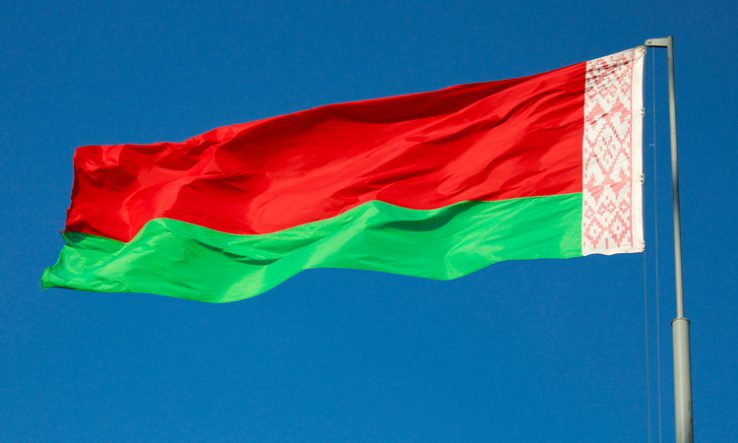
EU leaders call for end to state violence against protestors as opposition leader flees country
Belarusian students are at the frontlines of protests that erupted after the president, Alexander Lukashenko, claimed a landslide victory in a widely discredited election.
A senior academic in the Belarusian capital, Minsk, told Research Professional News student-age protesters made up at least a third of a group of about 5,000 who gathered peacefully north of the city centre on Monday evening before clashes with authorities.
“Young people who looked like students warned us about the approach of riot police and we left,” Vladimir Dounaev, former vice-rector of the European Humanities University in Lithuania, told Research Professional News.
“We saw in the darkness only flashes and the roar of exploding grenades. The victims of violence from the authorities are primarily young people of student age.”
Lukashenko’s claims of victory, the election process and related state violence have been condemned by leaders across the EU, and triggered huge protests. European Commission head Ursula von der Leyen and the bloc’s highest diplomat Josep Borrell said the election “was neither free nor fair” and that “state violence and crackdown on freedoms and rights is unacceptable”.
The Belarusian State University and the Belarusian State University of Informatics and Radioelectronics, both in Minsk, are currently still open. Yanka Kupala State University of Grodno, the largest regional university in Belarus, is also open. BSU and YKSU said they currently had no plans to close as a result of the protests.
A widespread shutdown of the internet in the country has made it hard to determine exactly how many students and academics are taking part in the protests, says Sasha Kuzmich, director of the Belarusian Students’ Association.
Kuzmich is part of a medical group, mostly made up of students, which is helping protesters.
While many researchers and students have been involved in recent protests in the country, she cautioned that this time “it is not yet really possible to assume how many students and academics are involved”.
Alaksey Kazlyuk, a representative of Human Constanta, a Belarusian human rights organisation which monitors digital rights, told Research Professional News before the election he feared local or national internet shutdowns might be used to disrupt the organisation of protests.
The organised opposition to Lukashenko was shaken on 10 August when the unsuccessful presidential candidate and figurehead of the movement, Svetlana Tikhanovskaya, disappeared.
Tikhanovskaya reappeared the next day in a video where she seemed to concede defeat after previously denouncing the poll. Many have claimed the video was recorded under duress.
Viasna, a Belarusian human rights observatory, said “tens of thousands” have attended protests across the country with “hundreds” detained by the authorities.
“The military and police shoot at people with rubber bullets, noise grenades, tear gas,” Lavon Marozau, international secretary of the Belarusian National Youth Council, told Research Professional News. “It’s very scary, we’re at war.”